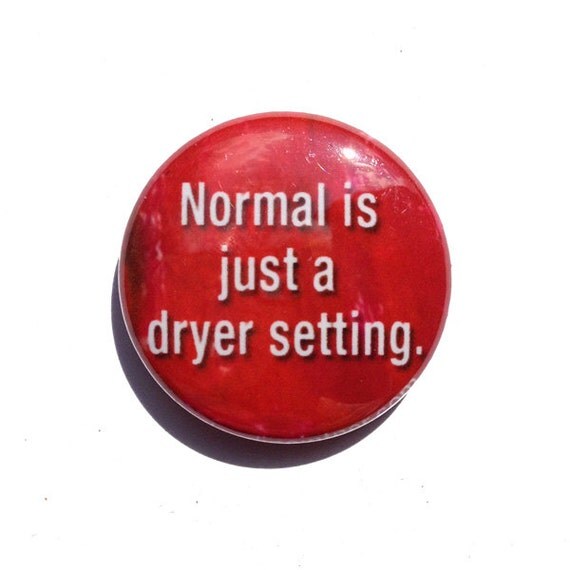Let me back up a little. As you may or may not know, before I went independent I had dreams of going old school, legit, agented publishing with a publishing company. When I finished what I thought was the final draft of Harsh Prey, I started querying agents. I did that for two years, sending out multiple queries every month. Not a sniff. In fact, I literally got one actual human response. Every single other one was the dreaded auto reject that any aspiring author can practically recite from memory: "Thank you for your excellent submission. Unfortunately, it does not meet our needs at this time, but please don't give up. It may be just the vehicle someone else is looking for."
But like I said, I did get one human response and it was a highly encouraging one. It was actual
 extemporaneously composed words from a human being who clearly had read the excerpt that I had sent. She spoke specifically of characters and scenes. A New York literary agent actually read something I wrote. She said she liked Harry and his voice but I needed to work on pacing and dialogue issues. That was great! I mean, it was terrible because I had no idea what she meant by that, but it was great because it was actual direction from someone who worked in the business. By the way, she also said I should feel free to re-query when I fixed the problems. I did. No reply at all. Not even an auto-reject.
extemporaneously composed words from a human being who clearly had read the excerpt that I had sent. She spoke specifically of characters and scenes. A New York literary agent actually read something I wrote. She said she liked Harry and his voice but I needed to work on pacing and dialogue issues. That was great! I mean, it was terrible because I had no idea what she meant by that, but it was great because it was actual direction from someone who worked in the business. By the way, she also said I should feel free to re-query when I fixed the problems. I did. No reply at all. Not even an auto-reject.So I found someone who knew what the agent meant: an editor. She explained that I was using too much detail in my descriptions, that people didn't want to know every single object in a room. And she said that my dialogue was too long too. She said that in commercial fiction, dialogue is chopped down and doesn't sound like people really talk at all. She said the idea isn't to re-create the way people actually speak, but instead is just to convey information and allow the narration do the heavy lifting. For instance, in some scene, I may have two people eating dinner and my version may look like this:
"Could you please pass the salt?"
"Here you go. You want the pepper too?"
"Sure, thanks. So, did you have a nice day?"
"Well, it started out rough, but yeah, it ended up great. That client I've been working with finally green lighted my proposal."
"Wow, that's fantastic! I'm excited for you."
"Thanks. I'm excited too."
The more commercially viable version makes the characters sound like Tonto to me:
"Pass the salt?"
"Pepper too?"
"Sure. Nice day?"
"Started rough. Got better. Won an account."
"Fantastic!"
"Thanks."
That is what a lot of commercial fiction dialogue actually sounds like, but I wasn't comfortable with it. I wanted to be commercially viable, though, so I gave in to the man, so to speak. Lots of short, terse, clipped dialogue that made the characters sound like they were only budgeted so many words a day and they didn't want to pay for overages. I chopped a full 12,000 words from my original manuscript. I had to admit that the pacing was a lot better. The story clipped along now, whereas it kind of sauntered before. But I still didn't like the dialogue. It just didn't fit my style. I'm a dialogue guy. I will often take a scene that was mostly narrative and convert it to almost all dialogue. But that's how it finally went out when I finally decided that two years of querying was enough and went independent.

People seemed to like it okay. In fact, some people really loved it. But the main negative comment (other than embarrassing proofreading errors that they pointed out and have since been fixed) was that the dialogue just didn't ring real. It was too short and clipped and terse. It didn't sound how people talk. So I went back and re-wrote all the dialogue in Kisses and Lies that I'd already written and made it the way I was comfortable with. I used full sentences and, in many cases, let the dialogue tell the story, while giving the reader a real sense of who the characters are by the way they talk. And the dialogue, especially between Harry and Dee, is my favorite part of all of the books. I hear the conversations in my head and record them verbatim.
Does that mean I'll never be commercially viable? Maybe. Maybe even probably. Will I change it? Probably not. If I got an offer from a publishing house that said they will definitely publish me if I alter it, I guess I would have to consider it. But I wouldn't definitely say yes unless their offer had a lot of zeroes attached to it. Like I said, Harry and Dee are two of my favorite people, real or fictional. And one of the things I love about them is how they speak with each other. It would be awfully hard to give that up.
So what do you think. If you've read my books, which version do you like best? I'd love to hear from you.












































